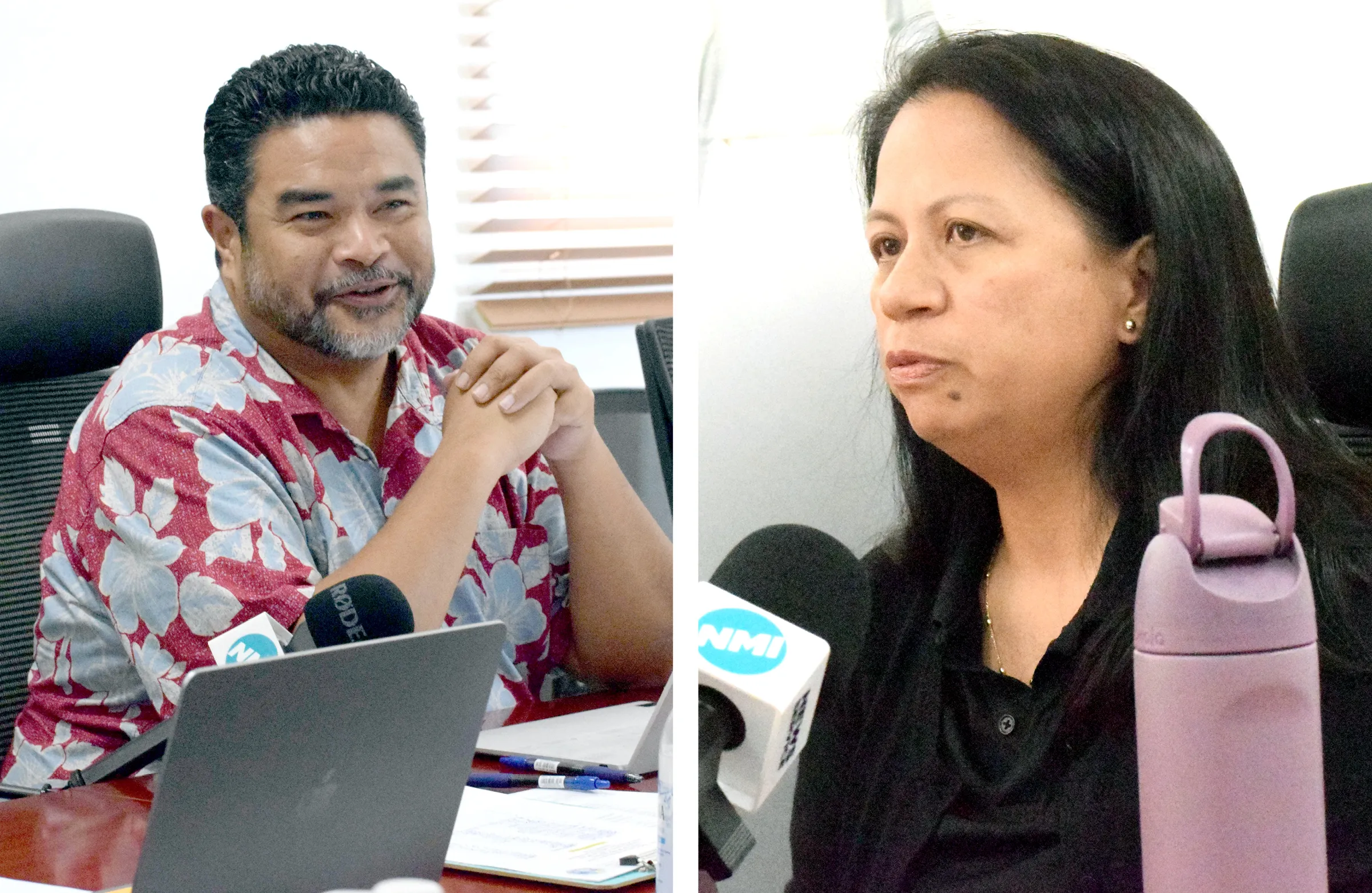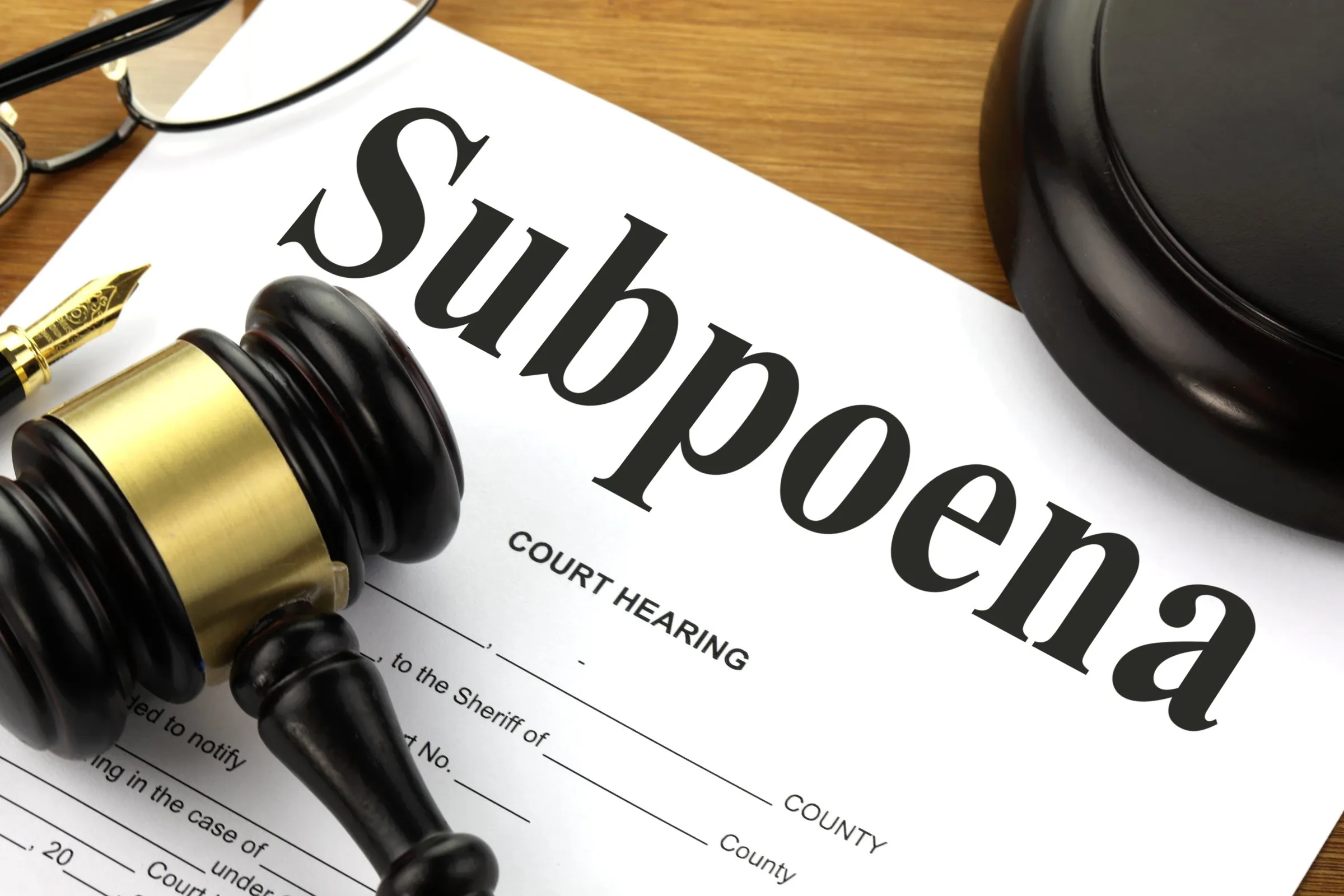
ONCE again, most of the polls got it wrong in the recently concluded U.S. presidential election. Once again, Donald Trump’s presence on the ballot led to a substantial gap between poll predictions and the election’s outcome. The race was supposed to be a “dead heat.” It was anything but. One of the most embarrassingly egregious poll results came from Ann Selzer, known as the “Queen of Polling.” Her poll predicted a strong shift to Kamala Harris in heavily Republican Iowa days before the election. The poll was off — by 16 points. Iowa remained a red state. Selzer says she’s moving on “to other ventures and opportunities.”
Nate Silver is another renowned election forecaster. The Wall Street Journal noted that on election morning, Silver wrote: “We ran 80,000 simulations tonight. Harris won in 40,012, thereby giving the sitting vice president a 50.015% chance of winning the election.”
In contrast to pollsters, at least one prediction market fared better. A prediction market is a platform or system “where participants trade contracts based on the outcomes of future events.” They function like financial markets, “but are focused on forecasting the likelihood of various occurrences, such as political elections, economic indicators, sports events, or other measurable outcomes.”
According to the Journal, the crypto-based Polymarket correctly predicted that Trump would win the presidency. The biggest bet on a Trump victory was placed by a man known only as Théo, a French national with an extensive trading experience and a background in financial services. Not only did he bet that Trump would win the Electoral College. He also bet that Trump would win the popular vote and six of the seven swing states, including Michigan, Pennsylvania and Wisconsin. Trump won all seven. Théo won about $85 million.
The Journal said Théo did his own research. “Rather than rely on polls, he theorized that there was a strong ‘shy Trumper’ effect. That is, he believed that Trump supporters were both less likely to talk to pollsters and less likely to tell pollsters that they would vote for the former president.” Théo “commissioned his own surveys in which respondents were asked who they thought their neighbors would vote for. The results ‘were mind blowing to the favor of Trump!’ ”
Betting markets are not fool-proof, of course. Far from it. Polymarket also projected that Harris would prevail in the popular vote. But as John Stossel, the libertarian pundit, would put it, bettors do better than polls and pundits because they consider many things not easily captured by polls and statistical models. Bettors work hard to get the answers right, he added. “They look at more than polls. They factor in the latest news, try to sense the mood on the ground and research candidates’ campaign tactics. They try harder than pundits because their own money is on the line. You’ve met blowhards who confidently predict things until someone says, ‘Want to bet?’ Then they shut up. People who put their money where their mouths are become more careful.”
Stossel said even when bettors were wrong — and they, like most of us, were in 2016 — “the betting odds still adjusted faster than pundits on TV did. The bettors saw what was happening and quickly hedged their bets, while many in the media — mostly [Hillary] Clinton supporters — still clung to their failed expectations.”
Like most people around the world, Stossel said, most Americans don’t think a lot about politics. Most people, he added, “think about food, sex, money, friends, jobs, success, family, health, religion, sports, fashion, video games, money, sex, food (I know I repeated those last three, but that’s where most people’s heads are).”
Pundits, for their part, usually talk to each other. They’re essentially in an echo chamber. And when they make “predictions” these are usually based on their political leanings.
As for polls, however “scientific,” Niall Ferguson, writing for the Journal, identified three problems. The first, he said, is representation. “In 2016, surveys overrepresented college graduates, creating a bias in favor of Hillary Clinton. Second is the ‘observer effect,’ when merely being asked a question in a survey influences how people respond to the question. Third is the tendency for polls themselves to become the news. The fact that news organizations became the biggest customers for pollsters created a perverse incentive. A race that goes down to the wire is more likely to sell papers than a foregone conclusion.”
A former professor at Harvard University and the London School of Economics, Fergusson said the “rise of prediction markets is inseparable from the broader decline of experts across many fields. In the same way that Elon Musk has declared to the users of X that ‘You are the media now,’ Polymarket tells its users that they know better than the pollsters.” Fergusson foresees “a coming explosion in liquidity for prediction markets, barring any adverse turn in the regulatory environment. This promises an exponential increase in the accuracy and therefore importance of betting markets.” Eventually, he said, forecasters, even the most reputable ones like Nate Silver, “will come to be seen more for what they are — entertainers….”
Wanna bet?
Send feedback to editor@mvariety.com










